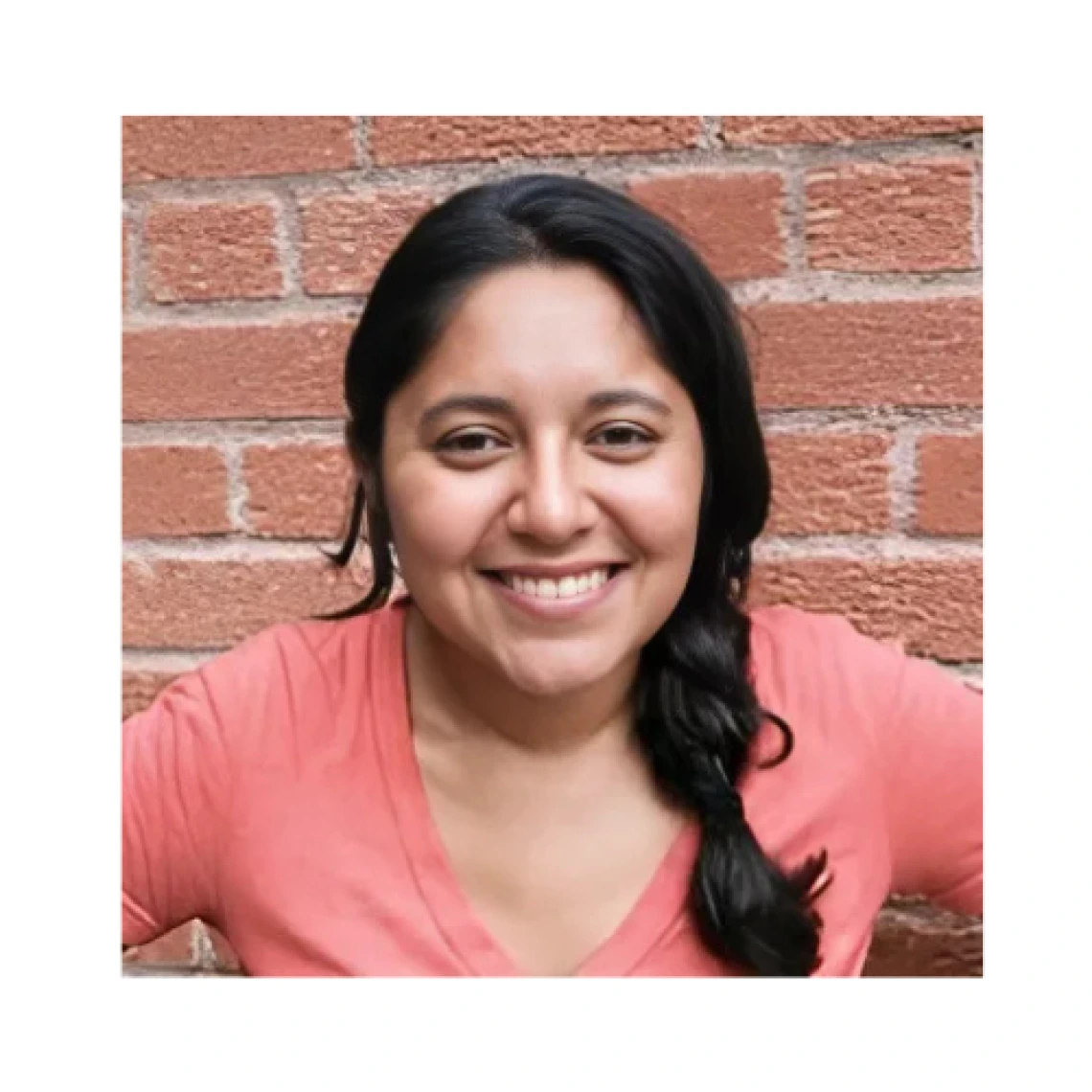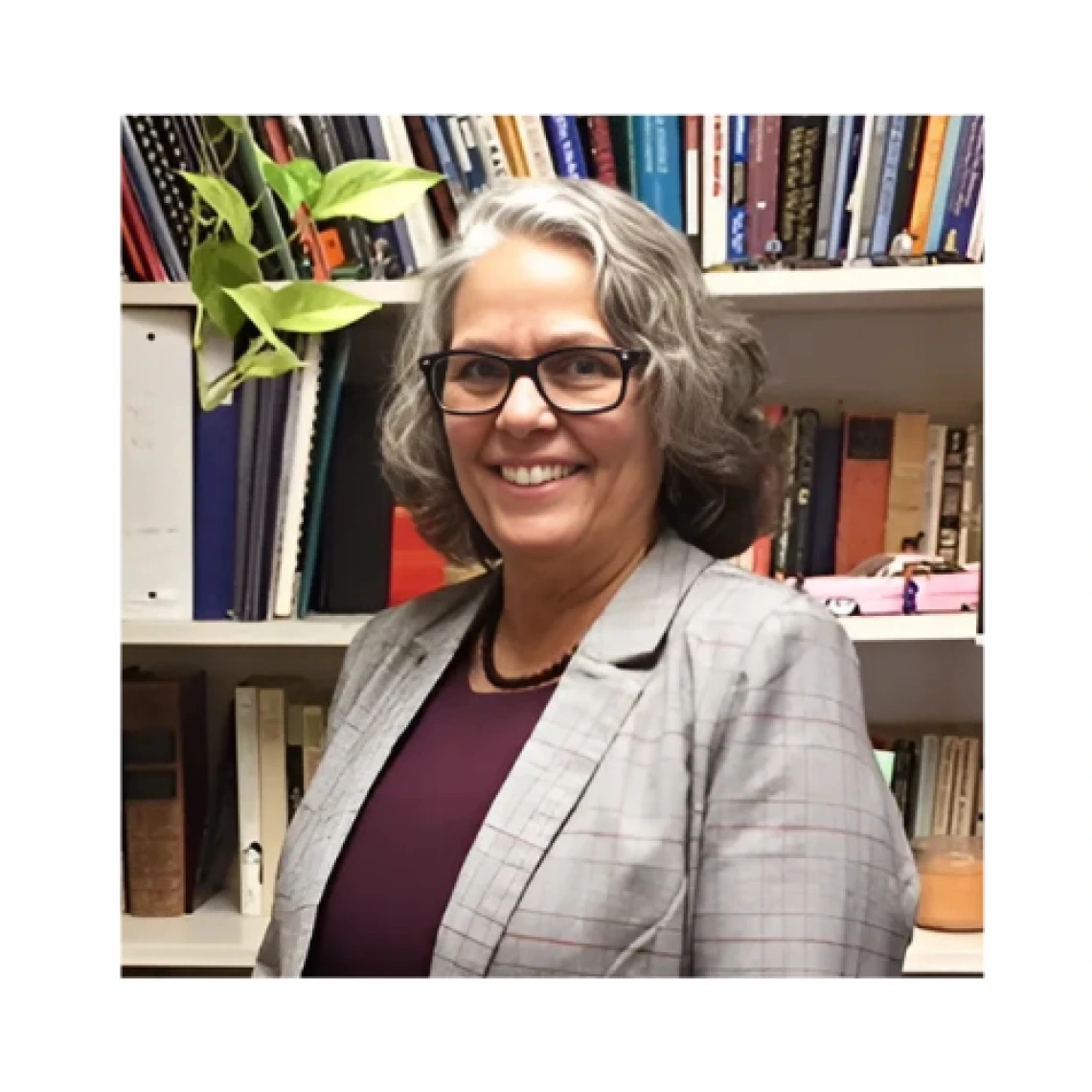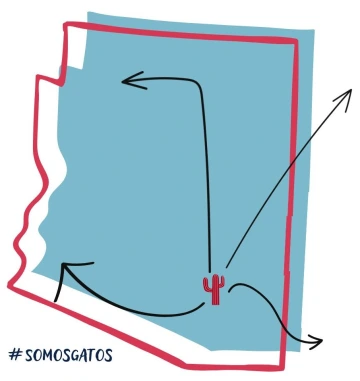Learn how our alumni make a difference using their experiences in the Mexican American Studies programs.
SINCE 2006 189 DEGREES WERE AWARDED
111 BACHELORS AWARDED | 67 MASTERS' AWARDED | 10 DOCTORATES (Ph.D.) AWARDED

Monica Contreras, B.A., 2016
Monica Contreras graduated with a B.A. in Mexican American Studies in 2016. She works with youth in the community as a Co-Facilitator for the Nahui Ollin Wellness Program.
Click the dropdown below to learn how Monica's undergraduate experience in MAS continues to shape her future.
I'm a 2nd year graduate student at The University of Arizona pursuing a degree in School Counseling. My goal is to advocate for the mental health and well being of youth of color in schools.
I currently facilitate weekly sessions for the Nahui Ollin Wellness Program, which has served Tucson youth for over 10 years. This is a program that incorporates culture and social justice to educate youth on several topics related to health, both individually and collectively.
WHY DID YOU DECIDE TO MAJOR IN MEXICAN AMERICAN STUDIES?
I had not taken an Ethnic Studies course up until college and the MAS courses truly changed my academic career. They helped me find my voice and affirmed so many of my experiences as a young Chicana. I saw the program as an opportunity to continue to do social justice work in the community after my studies.
WHAT DO YOU THINK MAKES MAS UNIQUE AT THE UNIVERSITY OF ARIZONA?
Every MAS professor I have met is doing meaningful work in the Tucson community and they bring those experiences into the classroom. Whether that has been exploring teatro, visiting historic barrios of Tucson, learning about native foods- the faculty care about students engaging in meaningful topics outside of the classroom.
HOW DO YOU THINK MAS PREPARED YOU FOR WHAT YOU'RE CURRENTLY DOING AND/OR WHAT YOU HOPE TO PURSUE IN THE FUTURE?
MAS helped shape my critical thinking skills and to see how historical/political events continue to shape much of our community's lives today.
WHAT ADVICE WOULD YOU GIVE CURRENT MAS STUDENTS THAT YOU WISH YOU WOULD'VE GOTTEN?
Seek out study abroad experiences as early as you can! These opportunities truly do expand your horizons.

Dr. Cecelia Lewis, Ph.D., 2016
Dr. Cecelia Lewis serves as the English Department Chair at Cochise College, and is the Associate Director of the Bread Loaf Teacher Network at Middlebury College.
Click the dropdown below to learn how Dr. Lewis's graduate experience in MAS continues to shape her personal future and the community around her.
In the late 1990s, I began collecting stories and interviews with women of Mexican heritage in Douglas, AZ . Most of these women were related to me and I considered this collection a personal journey. In 2012, University of Arizona Professor Damian Baca informed that the Mexican American Studies Department was beginning a PhD program. This information seemed to be too good to be true. I immediately started following the MAS program, researching the professors, analyzing the classes, and understanding the mission of MAS. I recognized that this program could serve as a vehicle to take my passion, the narratives of the women in my hometown, and explore what it might have meant for them growing up in this area of the frontera. Their stories, their experiences, and their agency have helped to shape my own academic and personal journey.
MAS is unique at the University of Arizona because it provides the social support and academic inquiry possibilities por la gente. The University of Arizona is in an institution that is squarely placed in a rich historical and cultural environment, and MAS connects this history and culture to the community that UA serves.
Currently I serve as the English Department Chair at Cochise College. Additionally, I am the Associate Director of the Bread Loaf Teacher Network at Middlebury College. I have co-founded and am currently sitting on the board of La Casa Roja, a non-profit dedicated to providing inquiry based and pragmatic action centered leadership and learning opportunities for Indigenous Peoples by reclaiming rhetorical sovereignty, utilizing traditional wisdom to solve contemporary problems, and employing critical and creative thinking to sustain stronger, healthier communities.
My degree with MAS has opened up doors within my home institution and with other professionals. It has afforded me the opportunity to share my research with others to include Partners in Health, the Sicangu Sioux, the Terraban and Borucan peoples of Costa Rica, and youth on the Navajo Nation. Together we explore the power of narrative in reclaiming our stories and our health.
I would encourage new graduate students to seek assistance whenever a question arises. Do not be afraid to speak out. You are here to learn and there are incredible professors in this program who are willing to help you as you gain your knowledge.

WHERE HAVE STUDENTS GONE?
An undergraduate or graduate degree in Mexican American Studies has allowed our students to explore different avenues within the workforce.
As seen below, our students have entered different fields within the University of Arizona as well as outside of the Tucson to achieve their career goals. We are proud of our GATOS and the work that they are doing in their communities across the states and borderline.
UNIVERSITY OF ARIZONA
EDUCATION
GRADUATE STUDIES
OTHER FIELDS

